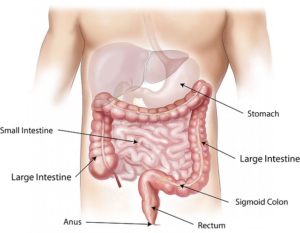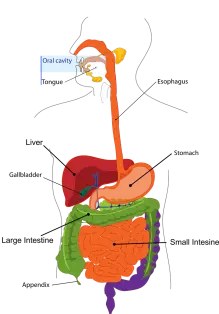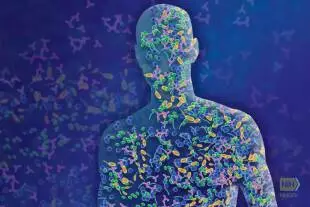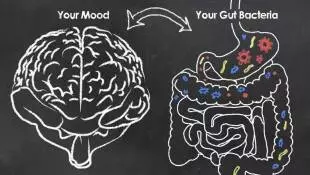TEL:
07366693154





If you suspect your digestive system is not functioning well, these are some typical signs and symptoms you should be aware of:
How many of these symptoms you experience can be an indication of how much stress your digestive system is under. It’s important that these symptoms are addressed sooner rather than later to prevent them from progressing into a more serious condition. Common illnesses that are linked to the digestive system are as follows:
 The digestive tract, also known as the GIT (Gastrointestinal Tract) starts from our mouth and ends at our anus. It also contains your stomach, oesophagus, small intestines, large intestines and other vital accessory organs such as your salivary glands, pancreas, liver and gall bladder.
The digestive tract, also known as the GIT (Gastrointestinal Tract) starts from our mouth and ends at our anus. It also contains your stomach, oesophagus, small intestines, large intestines and other vital accessory organs such as your salivary glands, pancreas, liver and gall bladder.
It’s responsible for the digestion of the food we eat (proteins, carbohydrates and fats), absorbing the necessary fluids, vitamins, and minerals from our food and finally the proper elimination of any waste food/products which are no longer required in the body.
Each part of the digestive system plays an important role in the proper functioning of these processes and the body as a whole. When one of these organs become out of balance it can cause others areas of the digestive tract to become imbalanced as they all function as a whole.
Did you know that 80% of our immune system is located in the gut?
If our digestive health is under stress, then it means our immune system will also be compromised. This results in the body being more vulnerable to attack from pathogens (viruses, bacteria or parasites) as our natural defence system may not have the resources to fight them off. For example, if you experience frequent colds this could be an indication of poor digestive health.

Our gut contains many different species (types) of bacteria which is known as our microbiome. The proper balance of “beneficial” bacteria can provide us with various health benefits. Each of our gut bacteria profiles (also known as gut microbiome) are unique and are generally established by age 3. However, throughout life, bacteria in the gut can become imbalanced due to inflammation, incoming pathogens, poor diet, and antibiotics.
The use of probiotic and prebiotic supplements, which may be helpful in restoring your gut microbiome after taking antibiotics and in helping to restore balance. However, they need to be taken when the gut can utilise them effectively after a gut healing protocol.
Functional testing can be a very effective way of determining the exact state of your digestive health.

The human digestive tract contains over one million nerve cells (enteric nervous system) and there are more nerve cells in the overall digestive system than in the peripheral nervous system. This shows that the digestive system plays a major part in our nervous system health too.
There is also, the major nerve in the body called the Vagus nerve which sends signals from the gut to the brain and vice-versa. If your digestive system is upset it can send signals to your brain that will make you feel upset emotionally. Also, if you are emotionally upset this can send signals to your gut that will disrupt its optimal function.
Key neurotransmitters found in the brain such as dopamine, serotonin, norepinephrine and nitric oxide are also present in the gut as well. In other words, poor digestive health can lead to mood disorders and other neurological disorders.
Techniques such as the Emotional Freedom Technique (EFT) and Matrix Reimprinting are very powerful tools in helping work with these emotions or traumatic memories by clearing the energy behind them.

Adjusting your nutritional intake and lifestyle habits, supporting mental well-being as well as assessing your spiritual wellbeing will play a crucial role in getting your digestive system back into balance.
Everyone is individual and therefore there is no one size fits all approach when it comes to health. It is important to get a health plan tailored to your needs, symptoms and life circumstances.
At Higher Healing, being qualified in Naturopathy, Nutrition, Emotional Freedom Technique and Matrix Reimprinting we have a truly holistic offering to provide the right support to transform your health. We also are able to offer private functional testing to assess in detail imbalances within the body to give you a clear picture of your health.
Our wish is for you to reach a higher level of healing, so you are able to transform your health. It is possible and you can do it. Start by taking the first step, get in touch to see how Higher Healing can help.

Book a free discovery call with one of our therapists to find out how Higher Healing can help you achieve your health or life goals.






